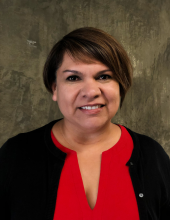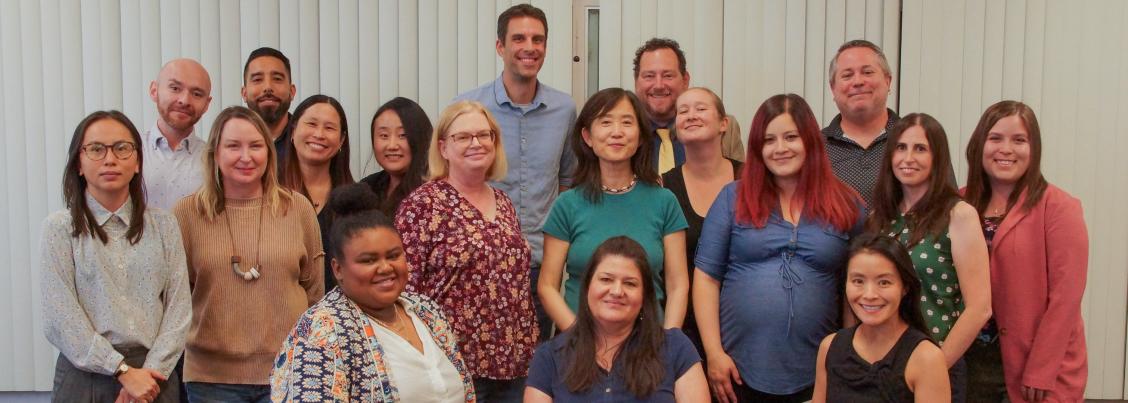 The Society for Advancement of Chicanos/Hispanics and Native Americans in Science (SACNAS) the largest multidisciplinary and multicultural STEM diversity event in the country, has bestowed Dr. Gabriela Chavira, a faculty member in the Department of Psychology, the Outstanding College/University Mentor Award. This award is given to a nominee who has a demonstrated record of encouraging historically underrepresented minority undergraduate students to pursue advanced degrees in science, technology, engineering, mathematics, or related fields.
The Society for Advancement of Chicanos/Hispanics and Native Americans in Science (SACNAS) the largest multidisciplinary and multicultural STEM diversity event in the country, has bestowed Dr. Gabriela Chavira, a faculty member in the Department of Psychology, the Outstanding College/University Mentor Award. This award is given to a nominee who has a demonstrated record of encouraging historically underrepresented minority undergraduate students to pursue advanced degrees in science, technology, engineering, mathematics, or related fields.Dr. Chavira is the ideal candidate for this award! Since beginning her career as a university professor at California State University, Northridge, Dr. Dr. Chavira has mentored approximately 250 underrepresented minority students (URM) (84 of whom she directly supervised in her Pathways to College Laboratory in the Department of Psychology). She has established a track record in her department for mentoring URM students in pursuing advanced degrees and careers in science.
Forty-two percent of the psychology students that she has supervised in her laboratory have moved on to pursue masters or doctoral degrees, with an equal proportion selecting either path; six percent currently hold tenure-track faculty positions at various institutions. Dr. Chavira takes a Critical Race Theory (CRT) informed approach to her mentoring whereby she makes her students aware of social and racial/ethnic disparities that exists in our society and uses that information to motivate students to give back to their communities through their engagement in meaningful research that has the power to make structural and institutional change. Recognizing success in her mentoring strategies, Dr. Chavira collaborated with a team of faculty at her institution and received two grants from the National Institutes of Health (together, totaling over 40 million dollars) to bolster students’ experiences in biomedical research in various fields of study (e.g., biology, health sciences, psychology).
All students in Dr. Chavira's BUILD PODER Program (165 URM across 5 cohorts) engage in meaningful research with a CRT-informed faculty mentor, receive professional development training from her, and give back to their communities by mentoring younger students in nearby schools (Saetermoe, Chavira et al., 2017). This program, a reflection of Dr. Chavira's mentorship formula, has been empirically proven to produce a stronger science identity and intention to pursue a career in science (Camacho, Vasquez-Salgado, Chavira et al., revise and resubmit). Taken together, Dr. Chavira's mentoring of URM students is phenomenal and highly deserving of recognition.
Congratulations to Dr. Chavira and thank you for the excellent work you do with our students!




